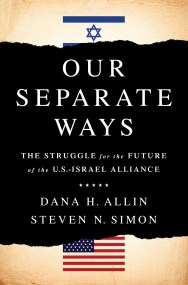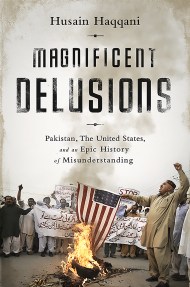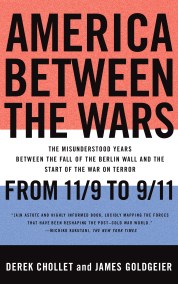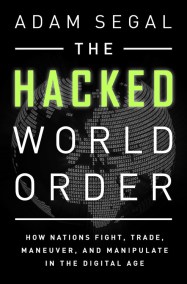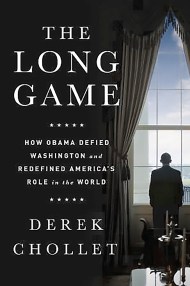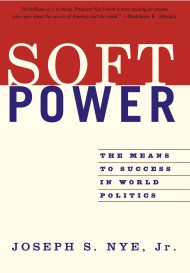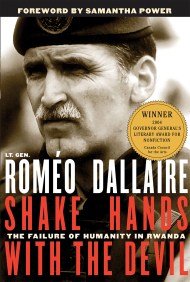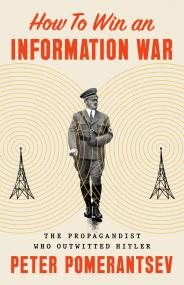Shopping Cart
Not for the Faint of Heart
Lessons in Courage, Power, and Persistence
Description
Few people have sat across from the Iranians and the North Koreans at the negotiating table. Wendy Sherman has done both. During her time as the lead US negotiator of the historic Iran nuclear deal and throughout her distinguished career, Wendy Sherman has amassed tremendous expertise in the most pressing foreign policy issues of our time. Throughout her life — from growing up in civil-rights-era Baltimore, to stints as a social worker, campaign manager, and business owner, to advising multiple presidents — she has relied on values that have shaped her approach to work and leadership: authenticity, effective use of power and persistence, acceptance of change, and commitment to the team.
Not for the Faint of Heart takes readers inside the world of international diplomacy and into the mind of one of our most effective negotiators — often the only woman in the room. She shows why good work in her field is so hard to do, and how we can learn to apply core skills of diplomacy to the challenges in our own lives.
What's Inside
I did eventually get to spend my two months at Harvard’s Institute of Politics. The subject of my seminar was “Negotiating Change: How We Took on Some of the World’s Toughest Problems and Sometimes Succeeded.” Everyone I met at Harvard was interested to know the ins and outs of the Iran negotiation—who said what and how we finally got to yes. More often, however, students and professors alike asked larger questions about how, why, and when any negotiation succeeds or fails. They challenged me to explain why diplomacy is still a useful tool in a world that increasingly seems to respect violence and ultimatums. Most simply asked me how I learned to do what I do. Liberated from the grind of absorbing technical details about uranium enrichment and intelligence reports, I had the chance to reflect deeply on what I’d accomplished and how.
My answers to the young people in my study group were frequently less about diplomatic best practices and more about what I brought to the negotiating table. I found myself explaining things I had always known on some level to be true but hadn’t articulated for myself: that the most important facets of the Iran deal were the higher principles we sought and the reimagining of the world that it took to make the deal happen. The deal was the result of our courage in setting it in motion and our persistence in seeing it through. It was anchored by a common wish to make peace and by the common ground we forged with those we negotiated with, and against.
We had to use what we had learned about wielding power to change the world and knowing when change is simply not possible. These were all values that I’d grown up with and strengths I’ve developed along the way. We all have these homegrown skills and qualities, and we can use them throughout our lives, in our careers as well as in attaining our personal goals.
In the dark political era we’ve entered since I left Harvard, it’s increasingly important to know the deeper nature of negotiation.
Leaders talk about the art of the deal and discredit the art of diplomacy, while achieving neither and misunderstanding both. Business sense, such as it is, is considered more valuable than political expertise. The fact is, whether you’re in politics or business, the world has now grown so complex that the diplomatic perspective has become indispensable to deal-making.
The contrast that we’re facing now in leadership is really between the autocrat and the diplomat. The diplomat weighs things and chooses words and actions carefully; the autocrat acts impulsively (sometimes at 6:00 a.m. on Twitter) without checks and balances. The diplomat is inclusive and expansive, the autocrat transactional and lacking in empathy. The diplomat understands that every decision is grounded in present and past history, with an obligation to the future; the autocrat sees only what’s in front of him and what’s at stake right now. The diplomat knows that every conversation, every negotiation, every action, is like a move on a giant chessboard that affects all other pieces; the autocrat simply tries to find a way out, the way a child scrawls all over a pizza parlor placemat puzzle with a blunt crayon.
Of course, we have to be willing to walk away if we can’t make a deal, just as we need competence and hard work. We have to be tough, realistic, and blunt. But flexing our muscles is hardly the only way to a deal. We have to understand the nature of power before we can use it effectively, just as we have to learn from loss and let go of those things we can’t control. We have to know how to build a team and even see our adversaries as partners in making a lasting, meaningful deal. That’s what this book is about.




